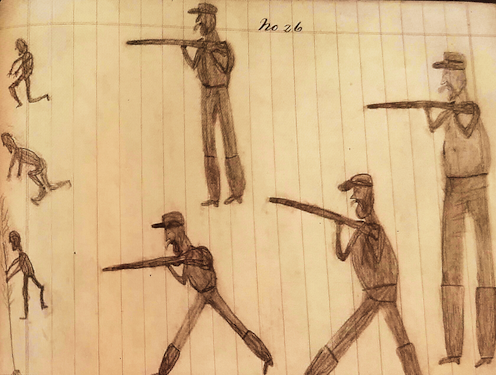frontier violence and family history converge in David Marr's harrowing and important new book
- Written by Julianne Schultz, Professor Emeritus of Media and Culture, Griffith University, Griffith University

Cultural capital is a rare and precious commodity. It is earned by doing – with wit, rigour and imagination. Being born to privilege may help in its accumulation, but that is not sufficient. These days, especially, privilege can be an impediment.
The advantages of David Marr’s birth proved more complicated than they first seemed, but attuned him to hypocrisy and made him a better observer. For five decades, he has honed his skills as an eloquent writer, dogged researcher and witty interlocutor with a strong moral core.
As a journalist and author of acclaimed biographies of Sir Garfield Barwick[1] and Patrick White[2], he has become a trusted guide in the endless quest for public sense-making. His journey from a privileged son of upper middle class Sydney to wise national witness is captured in the 567 pages of My Country[3], the compelling collection of a “few” of his speeches and articles.
Over a lifetime, Marr has earned a fortune in cultural capital. He has now decided to spend some of it.
Review: Killing for Country – David Marr (Black Inc.)
The release of his harrowing and important book Killing for Country[4] was timed to influence the nation-defining referendum on October 14. Four years ago Marr discovered another complication of his privilege: his forebears’ role in murdering scores of First Peoples during the land grabs that preceded the creation of Australia.
















